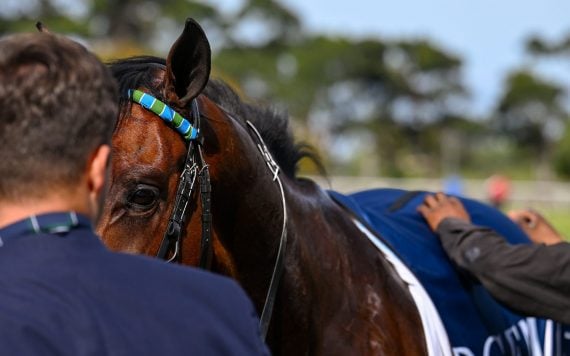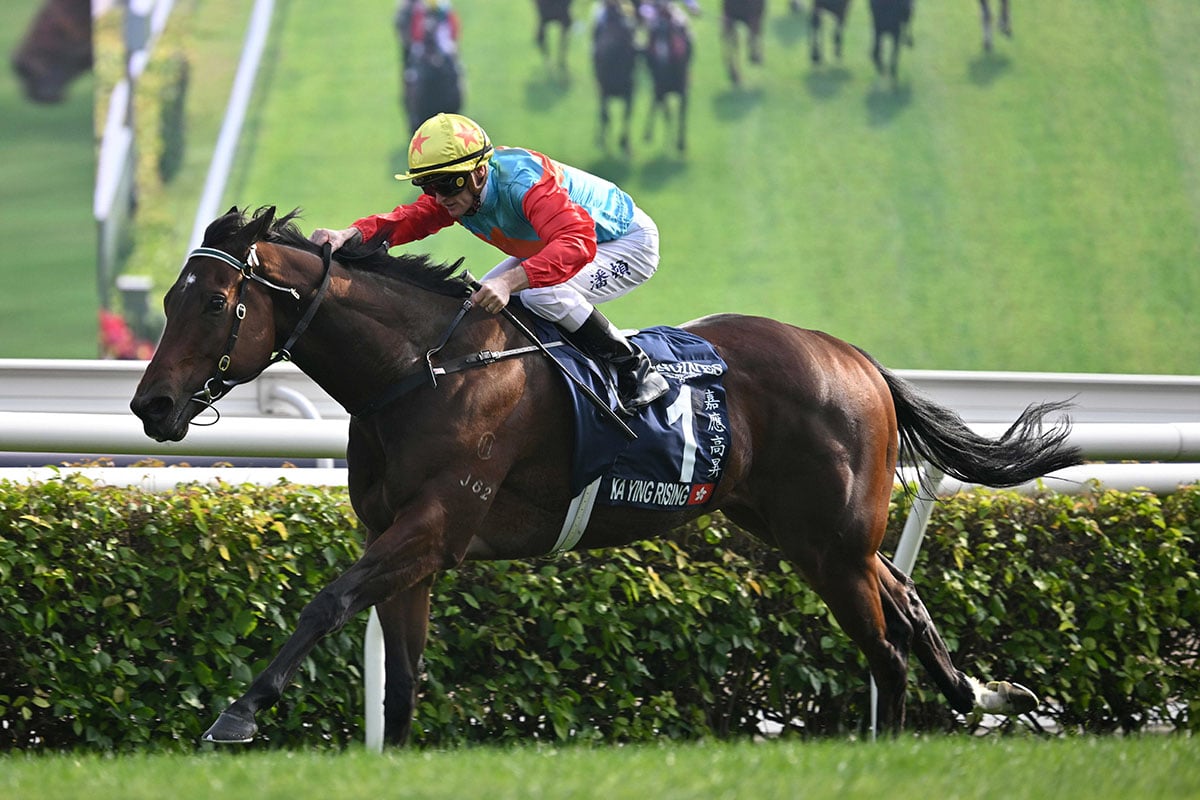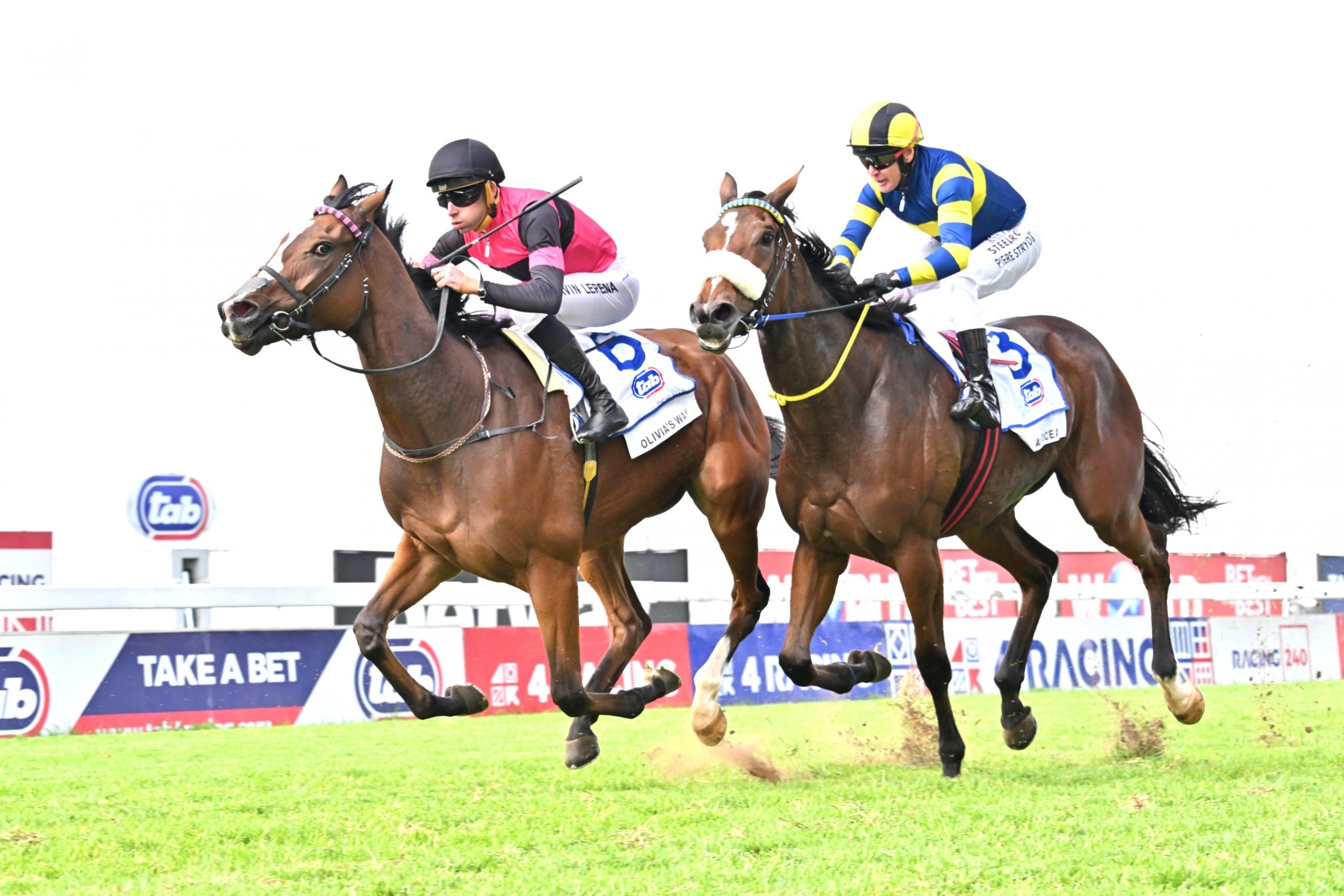No reasons have been tendered for the switch of the Durbanville meeting of 30 July to Kenilworth.
In early June reports reached the Sporting Post of alleged negligence at the country course.
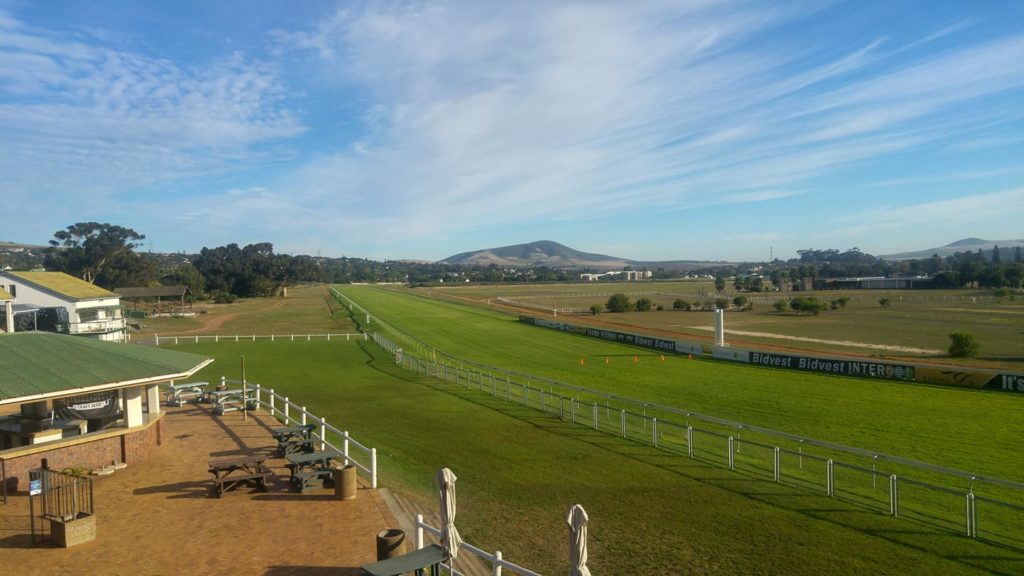
Durbanville (Pic – Terrance Welch)
These were rejected as mischievous and unfounded by Phumelela and a detailed track report was furnished, which we subsequently published.
At the time Kenilworth Racing Track Management took the decision to move the Durbanville meetings of 19 and 25 June to Kenilworth to give the country course a rest and for essential treatment.
The report by National Track Manager Dean Diedericks said that it must be understood that the Durbanville track was upgraded just over two years ago and is therefore a relatively new surface which will require some time to settle and corrective remedial work, such as the soil nutritional levels, have to be corrected and maintained.
“We have experienced yellowing of the turf at Durbanville this year – this we see on all turf in the Western Cape including with other sporting codes that make use of Kikuyu as a surface. I have gone as far as sending soil and leaf samples abroad to determine the cause of this yellowing. The cause of the yellowing is an imbalance of nutrients in the soil, particularly with reference to the calcium: magnesium ratio and soil Ph.”
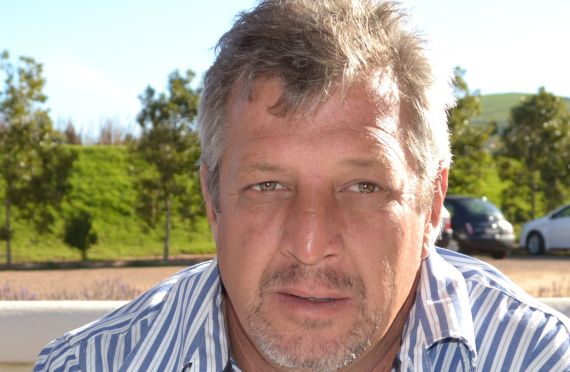
Dean Diedericks – managing the two tracks
He pointed out that the track was also showing signs of compaction with areas becoming waterlogged after irrigation. As a result the surface was verti-drained to break up this compaction and assist water movement through the soil profile. He confirms that this did improve the filtration but also resulted in larger divots as was evident during the last two race meetings at the track.
Club gallops have been accommodated on the back straight of the Durbanville track.
Diedericks said that consideration for the switch of the two June meetings also included taking cognisance of the 10 Durbanville meetings scheduled for the September/October period – that while Kenilworth undertakes its spring treatment break.






